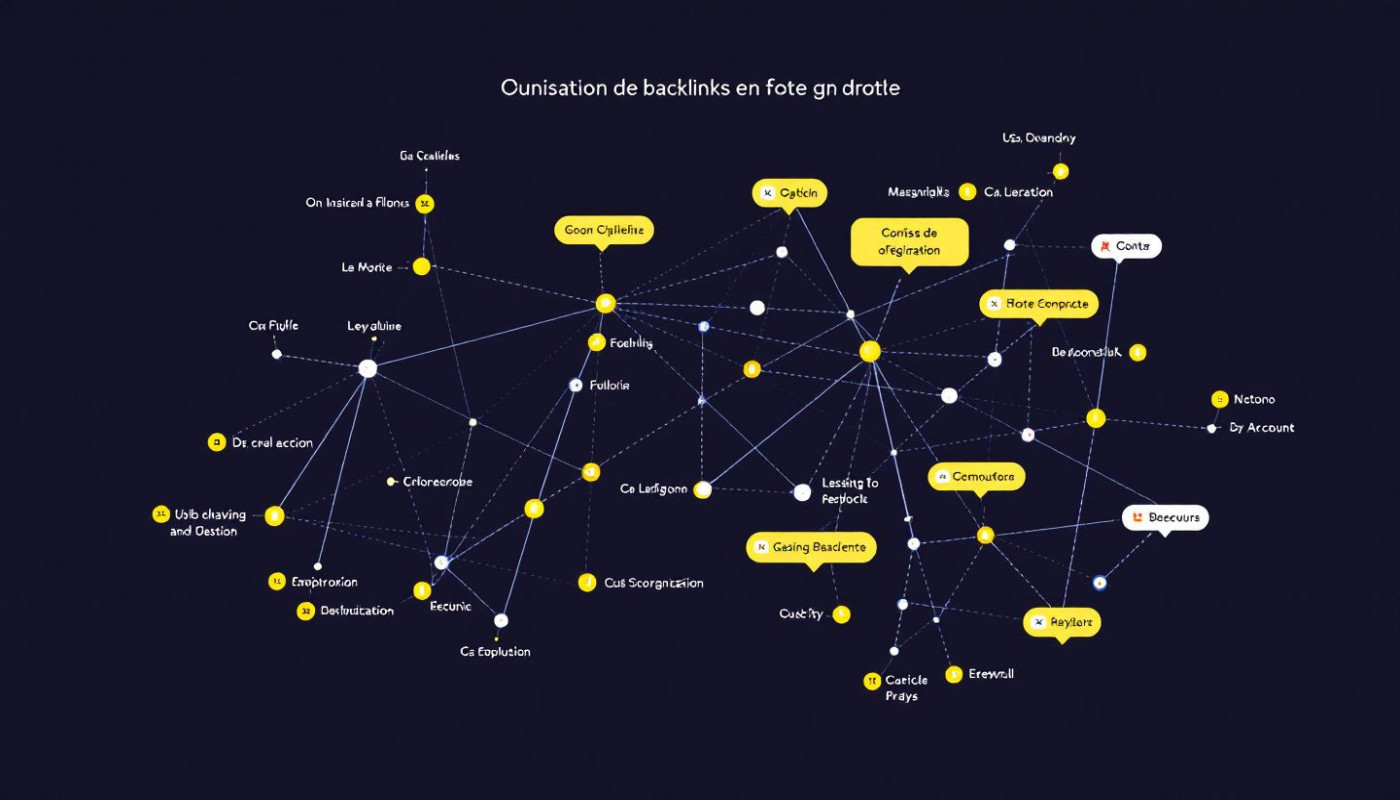Table of contents
- Understanding Generative AI and Its Cybersecurity Applications
- Challenges and Opportunities for Restaurants Embracing Generative AI
- Case Studies: Generative AI in Action within the Restaurant Industry
- Best Practices for Restaurants Implementing Generative AI Solutions
- The Future of Cybersecurity and AI in the Restaurant Industry
In an era where digital technology intertwines with every aspect of our lives, the significance of cybersecurity in protecting sensitive information cannot be overstated. The restaurant industry, often focused on the art of hospitality and culinary excellence, might not seem like a typical battleground for cyber threats, yet it holds a trove of valuable data ripe for the picking. With advancements in artificial intelligence, specifically generative AI, there lies a compelling opportunity to bolster cybersecurity measures to unprecedented levels. This new frontier is not just about defending against attacks; it's about proactively creating systems that anticipate and neutralize threats before they strike. As we delve into the role of generative AI in enhancing cybersecurity within the restaurant industry, we uncover strategies that are transforming the landscape. From small eateries to large chains, the implications of robust AI-powered defenses are profound. Join us as we explore how generative AI is revolutionizing the way restaurants protect their digital infrastructure, offering both challenges and innovative solutions. This exploration will not only highlight the potential of AI in cybersecurity but also inspire the reader to consider how this technology can be harnessed to safeguard their own digital domains.
Understanding Generative AI and Its Cybersecurity Applications
Generative AI is a transformative aspect of artificial intelligence that revolves around the use of machine learning algorithms to create new content or data that is similar to but distinct from the original input. In cybersecurity realms, the implications of this technology are profound. Generative AI can be leveraged to anticipate cyber threats by simulating various attack scenarios and devising countermeasures before breaches occur.
This innovative approach underpins modern proactive defense strategies, enhancing the capability of security systems to detect and thwart potential intrusions. By feeding these algorithms with vast amounts of data on past cyber-attacks, generative AI models can learn and predict patterns that could signify a threat, allowing for dynamic threat prevention measures to be implemented. The integration of generative AI into cybersecurity infrastructure is paramount in safeguarding sensitive information and maintaining robust data protection policies.
Key SEO keywords such as "generative AI," "cybersecurity," "threat prevention," "AI applications," and "data protection" are becoming increasingly relevant as businesses, including those in the restaurant industry, seek to enhance their security posture. Being adept in these areas could significantly reduce the risk of data breaches and protect against malicious cyber activities.
For more insights into how generative AI is elevating business performance and profitability through enhanced security measures, one might refer to the original source. Such resources provide invaluable knowledge, particularly for those within industries such as the restaurant sector, which are often targeted by cybercriminals due to the wealth of customer data they hold.
Challenges and Opportunities for Restaurants Embracing Generative AI
As the restaurant industry delves into the digital age, the implementation of generative AI presents a dichotomy of challenges and opportunities. One significant hurdle is ensuring data privacy, a concern that is paramount, given the sensitive nature of customer information. Restaurants must navigate complex regulations and invest in robust security measures such as encryption to protect against breaches. Moreover, the financial burden of AI integration, which encompasses not only the initial setup but also ongoing maintenance, poses a substantial challenge for many establishments.
In contrast, the adoption of generative AI also offers remarkable opportunities to bolster security protocols, thereby enhancing customer trust—a key ingredient in the recipe for success in hospitality. By utilizing advanced AI algorithms, restaurants can detect and counter cyber threats more efficiently, fostering a safe environment for customer transactions. With the authoritative insight of a data security analyst who possesses expertise in hospitality and AI, restaurants can chart a prudent course through the evolving landscape, reaping the rewards of innovation while mitigating the risks.
Case Studies: Generative AI in Action within the Restaurant Industry
In recent years, the restaurant industry has witnessed remarkable success stories where generative AI has fortified cybersecurity protocols. A prime example includes a mid-sized regional chain that implemented an adaptive system capable of behavioral analytics. This sophisticated AI deployment monitored network traffic and user behavior, swiftly identifying and responding to anomalies that deviated from established patterns, indicative of a potential security breach. In another instance, a fine-dining establishment with a national presence leveraged generative AI to enrich its cybersecurity measures. The AI's machine learning algorithms continuously learned from the restaurant's transactional data, adapting to evolving threats and effectively neutralizing sophisticated phishing attempts aimed at accessing sensitive customer data. These examples underscore the transformative role that AI can play in safeguarding the digital frontiers of the hospitality sector. An authority in the field, a seasoned cybersecurity consultant specializing in the hospitality industry, attests to the efficacy of these adaptive systems. They highlight how generative AI not only bolsters a restaurant's defense mechanisms but also instills a proactive cybersecurity culture that is vigilant and responsive to the dynamic landscape of cyber threats.
Best Practices for Restaurants Implementing Generative AI Solutions
As restaurants navigate the complexities of digital security, the adoption of generative AI for cybersecurity is on the rise. For establishments looking to enhance their defenses against system vulnerabilities, a set of best practices is vital. Staff training is the foremost step in this strategic integration. Employees must be educated on the nuances of AI solutions to effectively manage and respond to potential cyber threats. Additionally, keeping these systems up to date is paramount; regular updates are necessary to patch any security loopholes that could be exploited by malicious entities.
When selecting AI solutions, restaurants should scrutinize the available options to ensure they align with specific industry needs. A cybersecurity best practices trainer with a background in AI technologies would advocate for solutions that offer adaptive learning capabilities to stay ahead of evolving threats. Furthermore, this technology adoption should be accompanied by a robust risk assessment framework to monitor the efficacy of AI tools in real-time. By adhering to these cybersecurity best practices, restaurants can fortify their digital infrastructure and safeguard their valuable data against unauthorized access.
The Future of Cybersecurity and AI in the Restaurant Industry
As we contemplate the future developments of generative AI in cybersecurity, its trajectory suggests a profound industry transformation, particularly within the restaurant sector. The AI evolution is rapidly reaching new heights, with emerging technologies continually reshaping the landscape of digital protection. One technical term at the forefront of this innovative wave is predictive analytics, a method that utilizes AI to forecast potential security threats before they manifest. This proactive stance on cyber threats is poised to bolster the resilience of the restaurant industry against increasingly sophisticated cyberattacks.
The integration of generative AI into cybersecurity measures offers a vista of new capabilities. Advancements in machine learning algorithms enable systems to not only detect existing threats but also to anticipate new ones, learning from each interaction to enhance their predictive precision. The implication of such technological progress is a cybersecurity framework that is dynamic, adaptive, and ever-evolving – characteristics that are vital for the fast-paced environment of the restaurant industry.
Emerging technologies in AI also have the potential to streamline compliance with data protection regulations, a growing concern for restaurants as they handle vast amounts of customer data. AI-driven cybersecurity trends could allow for automated audits, real-time anomaly detection, and instant response protocols, simplifying the complexities of data governance. As we look to the horizon of cybersecurity innovations, restaurant owners and stakeholders can expect a more secure, efficient, and trust-inspiring dining experience, safeguarded by the intelligent edge of generative AI.
Similar

How Affordable Backlink Services Impact SEO Results?

Exploring The Benefits Of Free AI-Powered Chat Services

Creating high-performance landing pages for lead generation in tech startups

Exploring The Benefits Of Generative AI In Enhancing Chatbot Conversations

Boosting Business Sales Through Enhanced Online Visibility

How A Free Online Tool Can Enhance Email Verification Processes

Exploring Cost-effective Strategies For New Entrepreneurs In Dynamic Markets

How To Determine The Right CRM System For Your Industry Needs

How Graphic Facilitation Can Transform Your Professional Meetings

Adapting Your Brand Voice For International Markets: The Role Of Translators In Global E-Commerce Success

